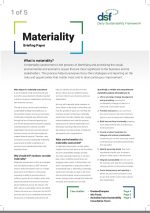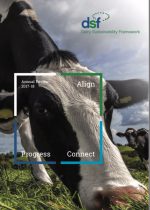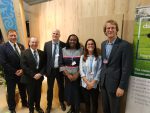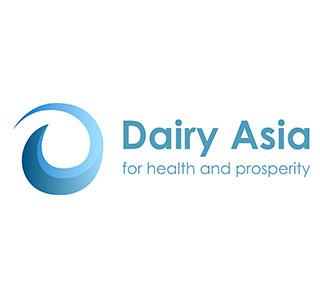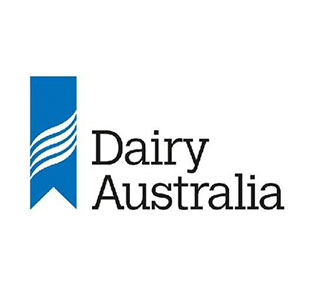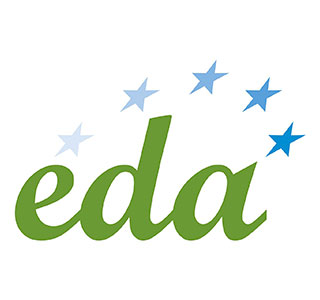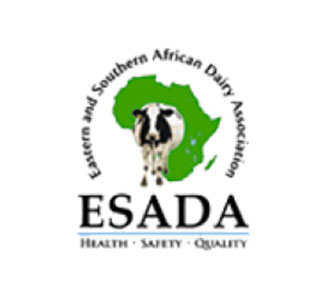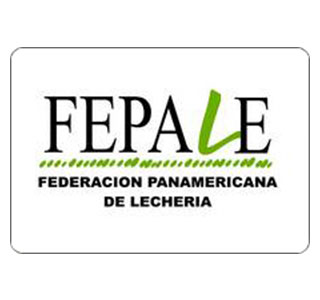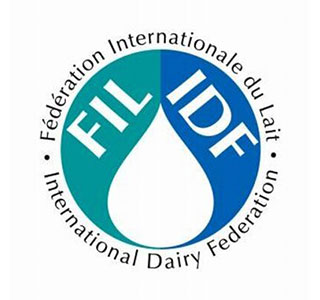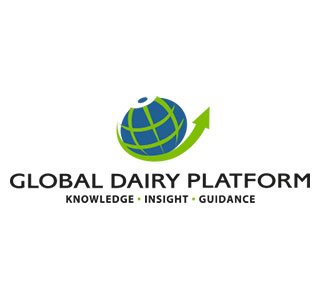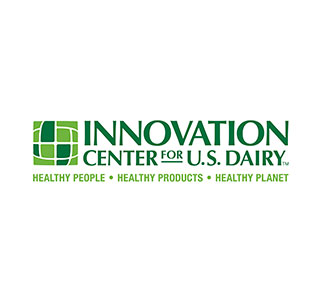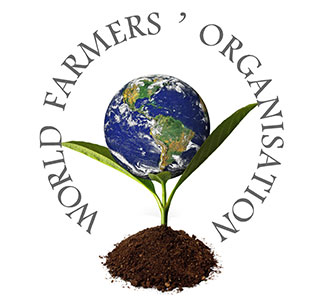|
|
|
In this issue...
We report on our recent Members' Meeting in Daejeon Korea, the launch of the FAO Report on global dairy production and GHG Emissions and much more |
|
|
|
|
|
 |
DSF Members Meeting Daejeon Korea |
|
|
|
|
Our second ‘physical’ members meeting for 2018 was well attended and another interactive and dynamic program was enjoyed by all. Presentations by Dairy Farmers of America’s Jay Waldvogel and GDP’s Jerreau Beaudoin demonstrated how the DSF supports the delivery of company sustainability efforts and the importance of quantifying progress |
|
|
|
|
|
|
|
|
 |
DSF Recognition by UN Secretary General |
|
|
|
|
The keynote speech at the IDF World Dairy Summit in October 2018, Daejeon, Korea, was delivered by the 8th UN Secretary General Ban Ki-moon. In his address, Ban Ki-moon recognized the efforts of the Dairy Sustainability Framework, as the industry vehicle that can tangibly demonstrate the value of dairy in addressing the challenges highlighted by the Sustainable Development Goals. |
|
|
|
|
|
|
|
|
|
 |
Indicator Baseline Development |
|
|
|
|
With the completion of the consultation period on the final Indicator Metrics, the DSF Secretariat has now initiated the process of establishing the baselines for the following four Indicator Metrics: - Waste
- Market Development
- Rural Economies
- Product Safety & Quality
Notification has been sent (on December 21st) to all Implementing and Aggregating members of the DSF requesting their support and input in the process by January 25.
Please can all Implementing and Aggregating members ensure they respond to this request as it establishes the baseline against which the DSF will demonstrate its continuous improvement in subsequent years. |
|
|
|
|
|
|
|
|
 |
Materiality Briefing Paper |
|
|
|
|
As part of the continued members support strategy, the DSF teamed up with the consultancy SustainAbility to develop a briefing paper on materiality assessment. Undertaking a robust materiality assessment is an integral membership commitment of DSF to identify member’s sustainability priorities. This briefing document provides… |
|
|
|
|
|
|
|
|
 |
DSF Annual Review |
|
|
|
|
The DSF Annual Review is now available. Members have been sent a hard copy though should further versions be needed it can be downloaded from the home page of the DSF website or by clicking here |
|
|
|
|
|
|
|
|
 |
COP24 - Launch of the FAO Report |
|
|
|
|
The DSF has worked with the FAO over recent months to undertake (using the GLEAM Model) a detailed time series analysis of global dairy production and GHG emissions from 2005 – 2015. The outcomes of this study were presented at a side event at the… |
|
|
|
|
|
|
|
|
 |
Carbon Sequestration and the Dairy Sector |
|
|
|
|
Almost every meeting on climate change these days mentions the importance of carbon capture and when in the agricultural context, carbon sequestration. Recognizing that carbon sequestration is very easy to talk about though much harder to quantify, a group of dairy companies and customers are collaborating to try to identify a way to pragmatically calculate… |
|
|
|
|
|
|
|
|
 |
Northern Ireland Sustainability Report |
|
|
|
|
The Dairy Council for Northern Ireland has recently published an EU Sustainable Dairy fact book, which details the key research and knowledge transfer initiatives pioneered in the Northern Ireland dairy sector. The fact book is an EU–funded resource developed in collaboration with the European Milk Forum. The first edition looks at how the… |
|
|
|
|
|
|
|
|
|
|
Relevant News:
Some of you may be aware of this work (published June 2018) though just in case…..
“Long-lived pollutants, like carbon dioxide, persist in the atmosphere, building up over centuries. The CO2 created by burning coal in the 18th century is still affecting the climate today.” says Dr Michelle Cain from the Oxford Martin Programme on Climate Pollutants. "Short-lived pollutants, like methane, disappear within a few years. Their effect on the climate is important, but very different from that of CO2 : yet current policies treat them all as "equivalent"".
To read more on this research click here
And something from WRI to make us think on how to feed 10 billion people by 2050:
https://www.wri.org/blog/2018/12/how-sustainably-feed-10-billion-people-2050-21-charts
Agriculture is not the only sector having to change – the Cement sector has similar challenges: https://www.bbc.co.uk/news/science-environment-46455844
|
|
|
|
|
|
|
|
 |
|
|
|
|
Dairy Sustainability Framework
5th Floor, Rue Des Nerviens 9-31
1040 Brussels – Belgium
Tel: +32 2 325 67 40
Fax: +32 2 325 67 41
|
|
|
|
|
|
|
|
 |
|
|
© 2025 Dairy Sustainability Framework, All rights reserved
|
|
|



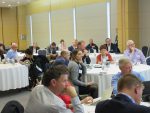

![Ban Ki-Moon and DSF-1[2]](https://www.dairysustainabilityframework.org/wp-content/uploads/2019/01/Ban-Ki-Moon-and-DSF-12-280x191.jpg)
